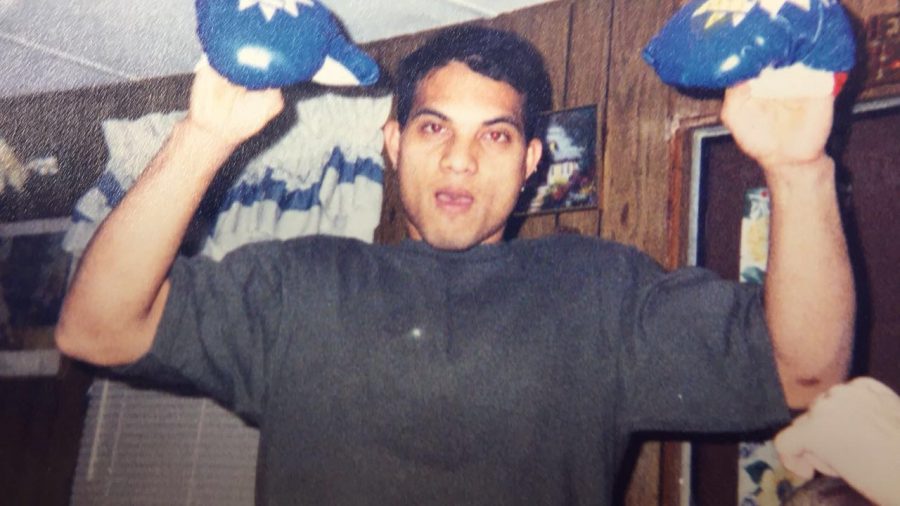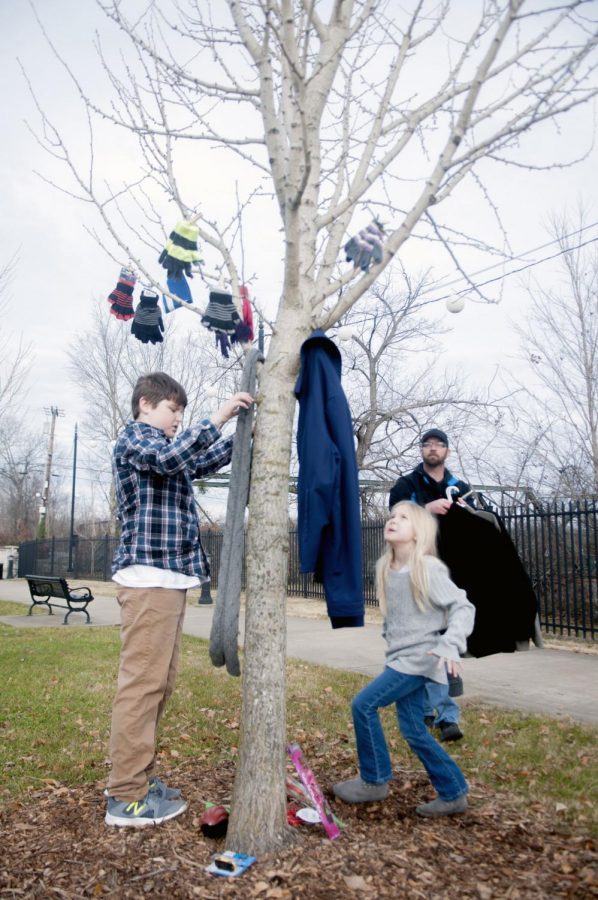Coming To The U.S. For The Better
March 4, 2017
With the topic of immigration growing in popularity because of President Trump, I feel I have a need to talk about it. The United States is an extremely diverse country. The people living in it have impacted the way the nation works. Some have been born here and are used to the way life is–because it’s all they’ve ever known. Others seek America in search of a better life. Reasons vary, but people migrate overall to make the best of themselves or their families.
Immigrants from many other countries live in the U.S. Whether they are from India, Spain, Mexico, or Ireland is irrelevant. America has a good vibe to outsiders. The country itself offers many opportunities for everyone–therefore making it an appealing place to live. It’s diverse in food, diverse in clothing, diverse in communication. Everything is at variance, but in a good way.
It was exactly what my father needed–a fresh start. Dickson Welson, my dad, came to the U.S. in search of work. He remembers the exact date he arrived: May 10, 2001. He’s 38 now, which means he was 21 at the time he traveled to this country. In the period of 17 years, my dad has made a living for himself and understand the way American do things and their culture very well.
My father was born in FSM, which is an acronym for the Federated States of Micronesia. Micronesia is a group of small islands located in the North Pacific Ocean–about three-quarters of the way from Indonesia to Hawaii. The size of Micronesia is about 4 times the size of Washington, D.C. in land area. It has 4 states: Pohnpei, Yap, Chuuk, and Kosrae. Micronesia has a humid climate and is similar to the land and weather of Hawaii. It is very beautiful, similar to a lovely, tropical paradise–according to the photos I’ve seen, at the very least.
I asked my dad what his parents thought about him moving to the U.S. Here, he became very hesitant. He tells me that both of his parents had died when he was 18. “Well, they (the rest of my family) knew it was going to be better for me, so they didn’t have much of a choice but to let me go. My parents had passed away–and I was on my own, pretty much.” He talked much quieter as I asked him to tell me more.
America was totally new to him. “Everything’s different. Back where I live, back home, it’s like a ten-year difference technology-wise… America is more advanced. It’s a little island, so what do you expect? You know, we go outside and we fish,” he smiles. “Fish. I miss the fresh fish. It’s way different. Our culture… we are more considerate of others than Americans are. It took me a while to adjust.”
He does comment on the weather a bit. “I don’t like the weather, though. It’s cold.” Micronesia doesn’t get snow, ever. It gets slightly humid and can be rainy at times, but it never snows there. “You never get used to being cold,” he adds.
Of course, the most common language of America is English. My father had already known English and gave him an advantage above other immigrants that come into this country. He learned it through school. English there is a high school course–one that’s required for the students to take. It’s similar to how teens in high school here have to take English in order to graduate, in all four grade levels. While the official language of Micronesia is English, most natives don’t speak it. There are lots of languages there, and I was surprised to learn that my dad had previous knowledge of it.
Coming to the U.S. to help his brothers out back in his homeland must have been difficult for my dad. But in the long run, it proved to be worth it. And while my father does miss the good life in Micronesia, I wouldn’t want any other dad to be my dad except him. I’m grateful for the sacrifices he has made in order for me and my family to be the best we can be.
“I miss everything,” he says. “I miss family, I miss the food… everything,” he says a final note. “But living-wise, it’s been okay.”


